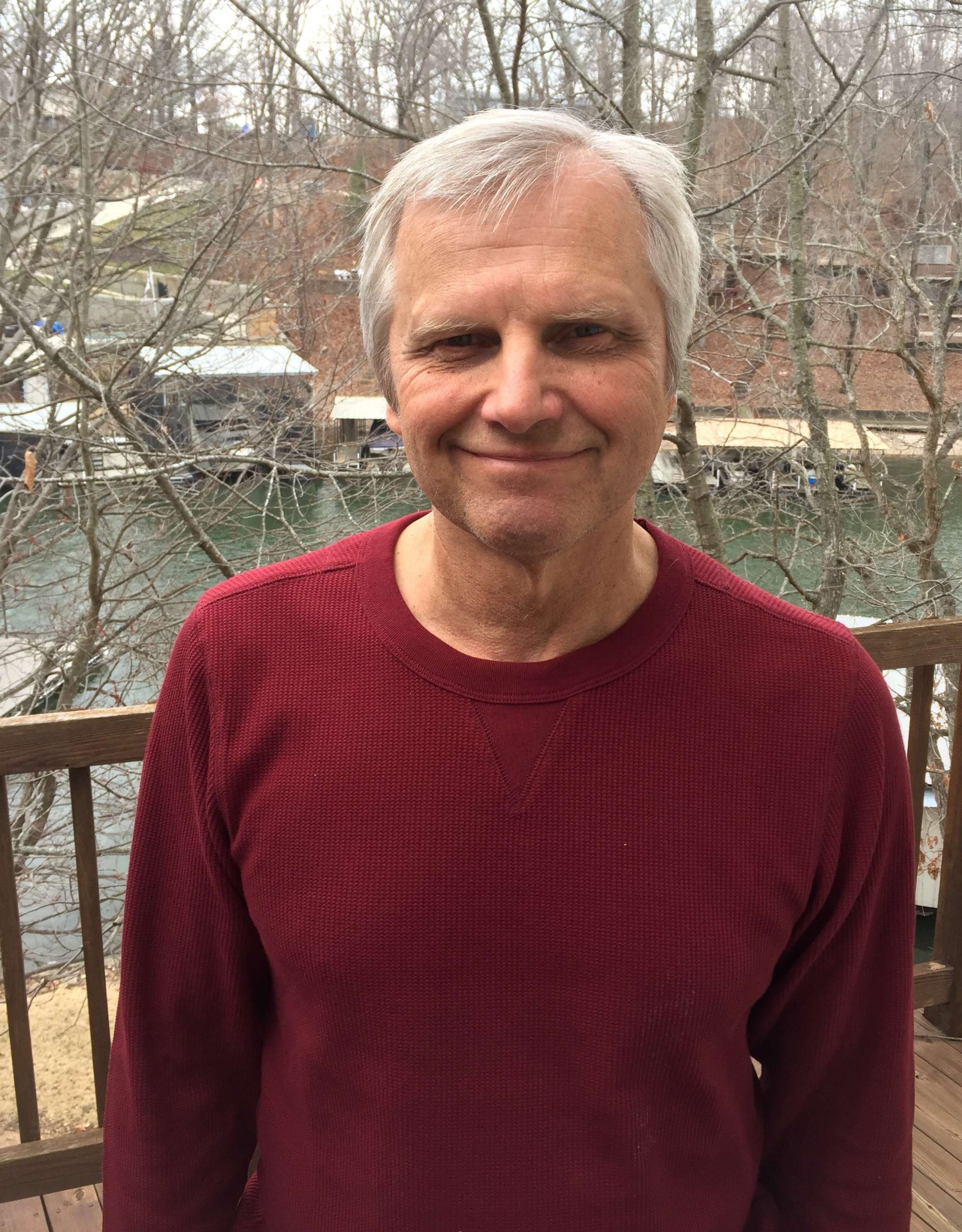
Cheshire, Conn.—“Sarge” needs your help to continue providing fishing therapy for wounded veterans.
Retired Marine Corps veteran Joe Kowalski has made it his mission to help fellow veterans with PTSD (post-traumatic stress disorder) and TBI (traumatic brain injury) through his special fishing program. Known as “Sarge” by his cohorts, Kowalski founded the Major Steven Roy Andrews Fishing Outreach Program that he named after his lifelong friend, a decorated B52 pilot who died in 2000.
Kowalski is a Black Bass Anglers club member who has made the Connecticut B.A.S.S. Nation state teams in 2005 and 2011. In addition to holding two tournaments for wounded warriors every year, Kowalski also takes out veterans on individual fishing trips throughout the year. “The Old Sarge has taken out one-on-one over the last eight years 262 veterans,” Kowalski said.
Kowalski picks up his fishing partners at a Veterans Administration (VA) hospital or veterans outreach center in Connecticut or other states throughout the Northeast and takes them to a local body of water for a full day of fishing. “I try to take a vet to a body of water he is going to be able to go back and fish,” Kowalski said.
Sponsors provide all the tackle for Kowalski’s fishing buddies. “I put together a tackle package of a rod, reel and tacklebox full of baits and I teach them how to use it,” Kowalski said. “This year I am trying to come out with a trifold folder of all the basic (fishing) information for them. So I can give them a Bass 101 course as we are driving out to the lake.”
The program gives vets more than $500 worth of tackle to take home and basic knowledge they can use for future fishing trips. “There are all kinds of programs out there (to take a vet fishing) and they are all great,” Kowalski said. “They all take a vet out for a day of fishing and that is super, but at the end of the day what do they have? A great memory, and there is nothing wrong with that, but what about next week, next month or next year?
Kowalski gives the program participants his phone number and his outreach program’s web site address to help them find out more about fishing. “Now they basically can give themselves therapy (through fishing),” Kowalski said. “I always make each person give me a promise at the end of the day that when that stuff in their head starts bothering them, they grab the rod and their box and go hit a pond or something somewhere.”
The non-profit program receives tackle donations from sponsors but Kowalski needs help covering transportation expenses of fuel and maintenance for his truck and boat, which he estimates costs him between $5,000 to $8,000 a year.
Donations to the program can be made at www.fishingoutreachprogram.com.





